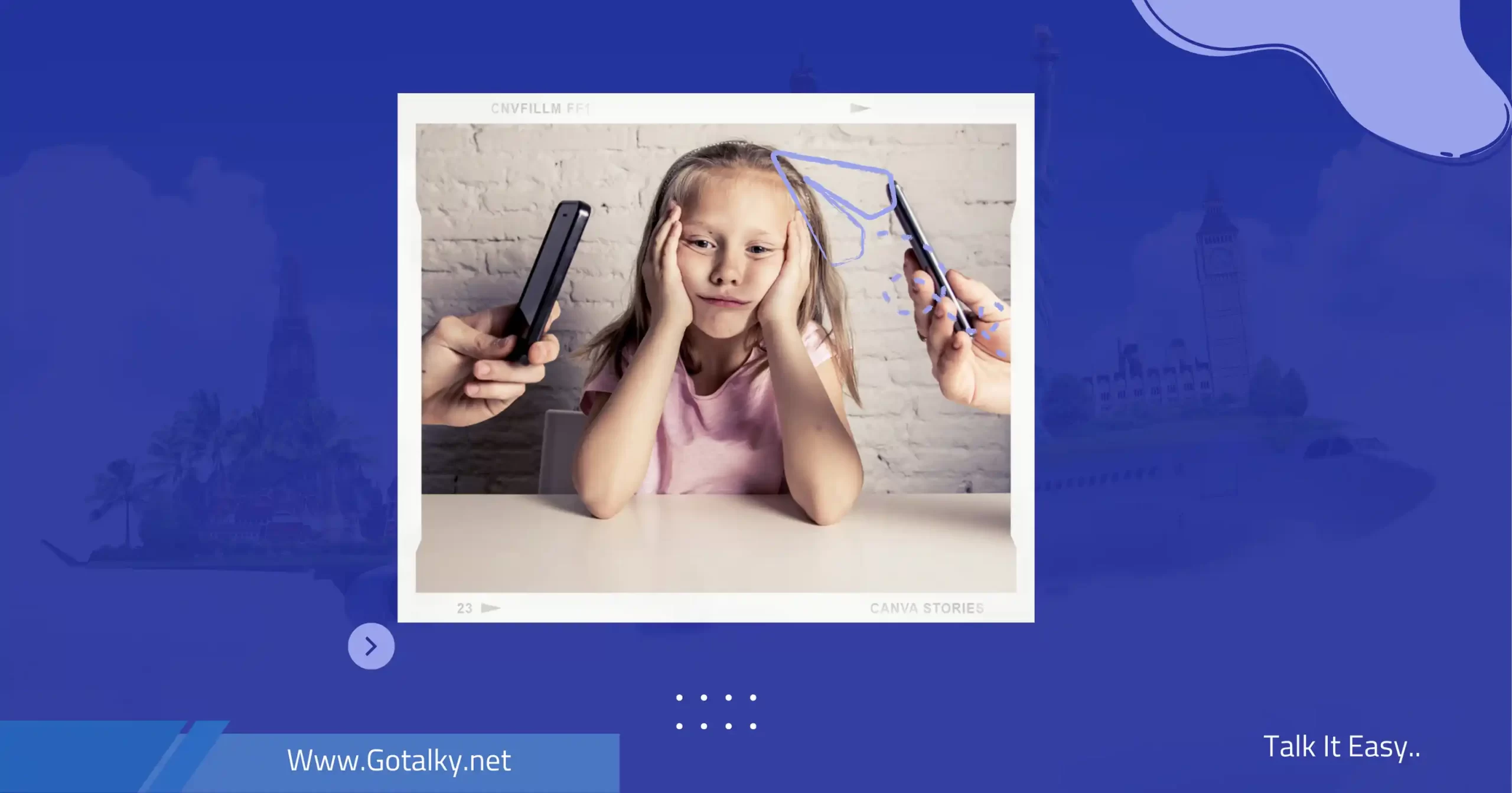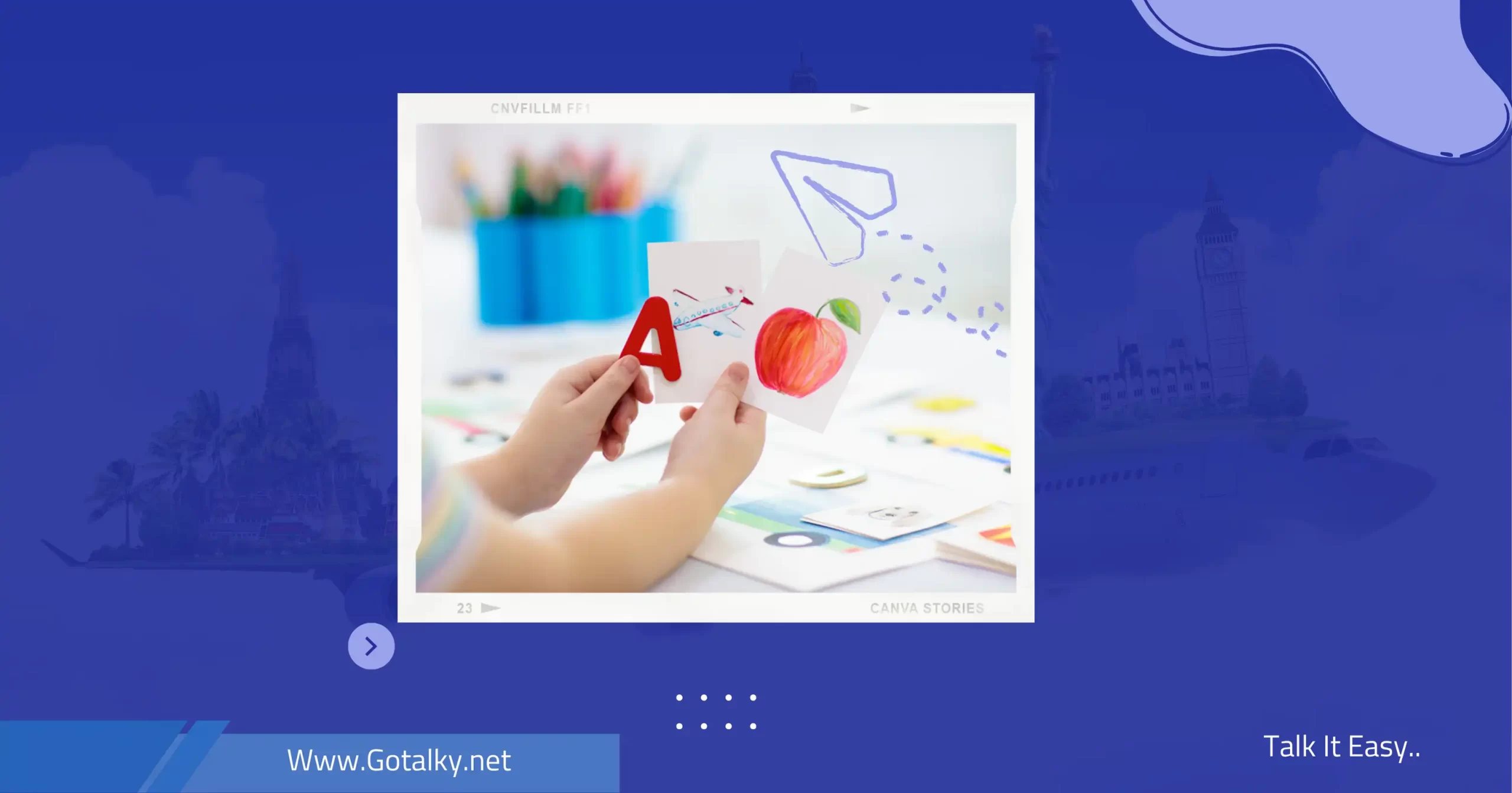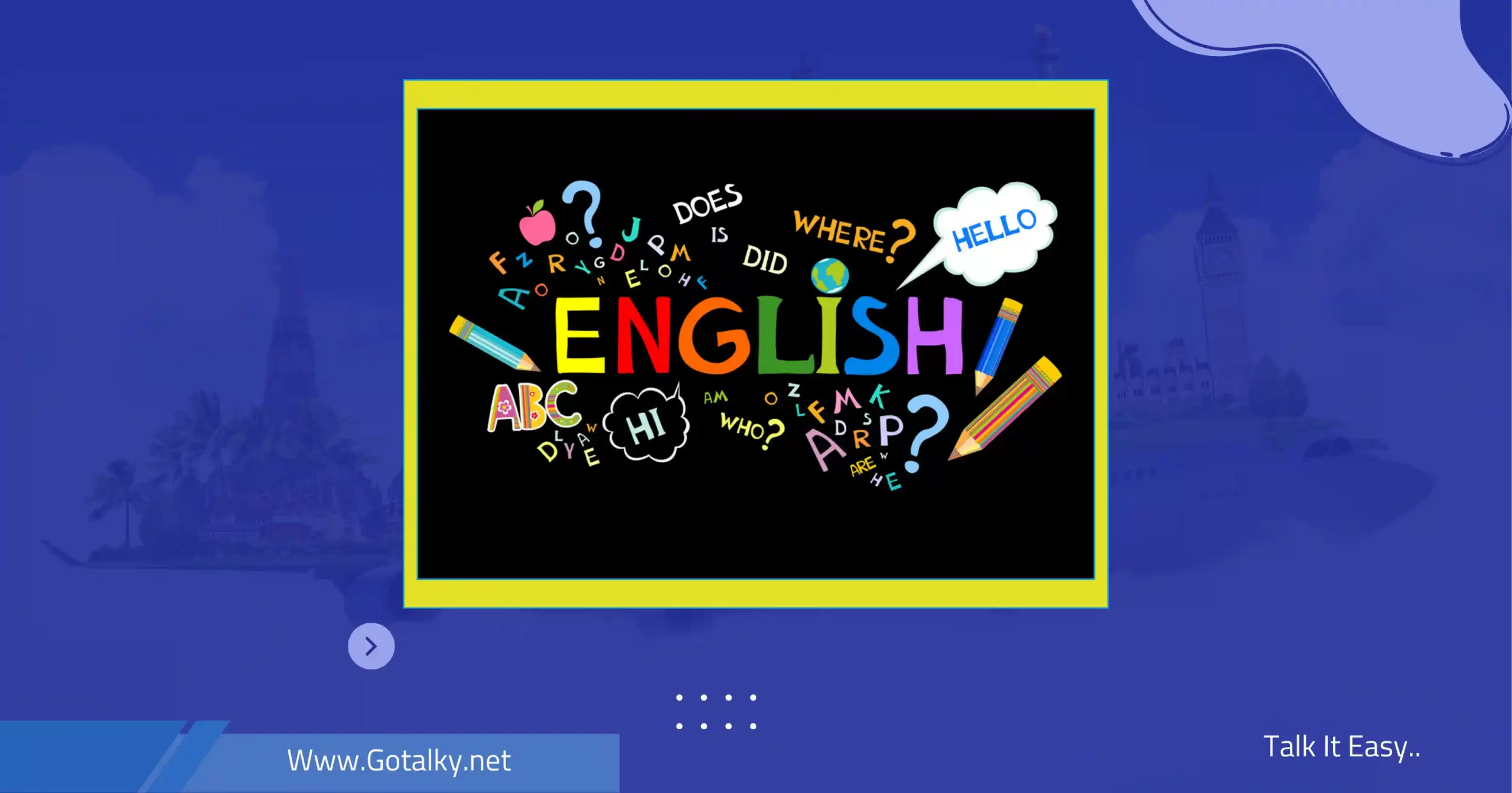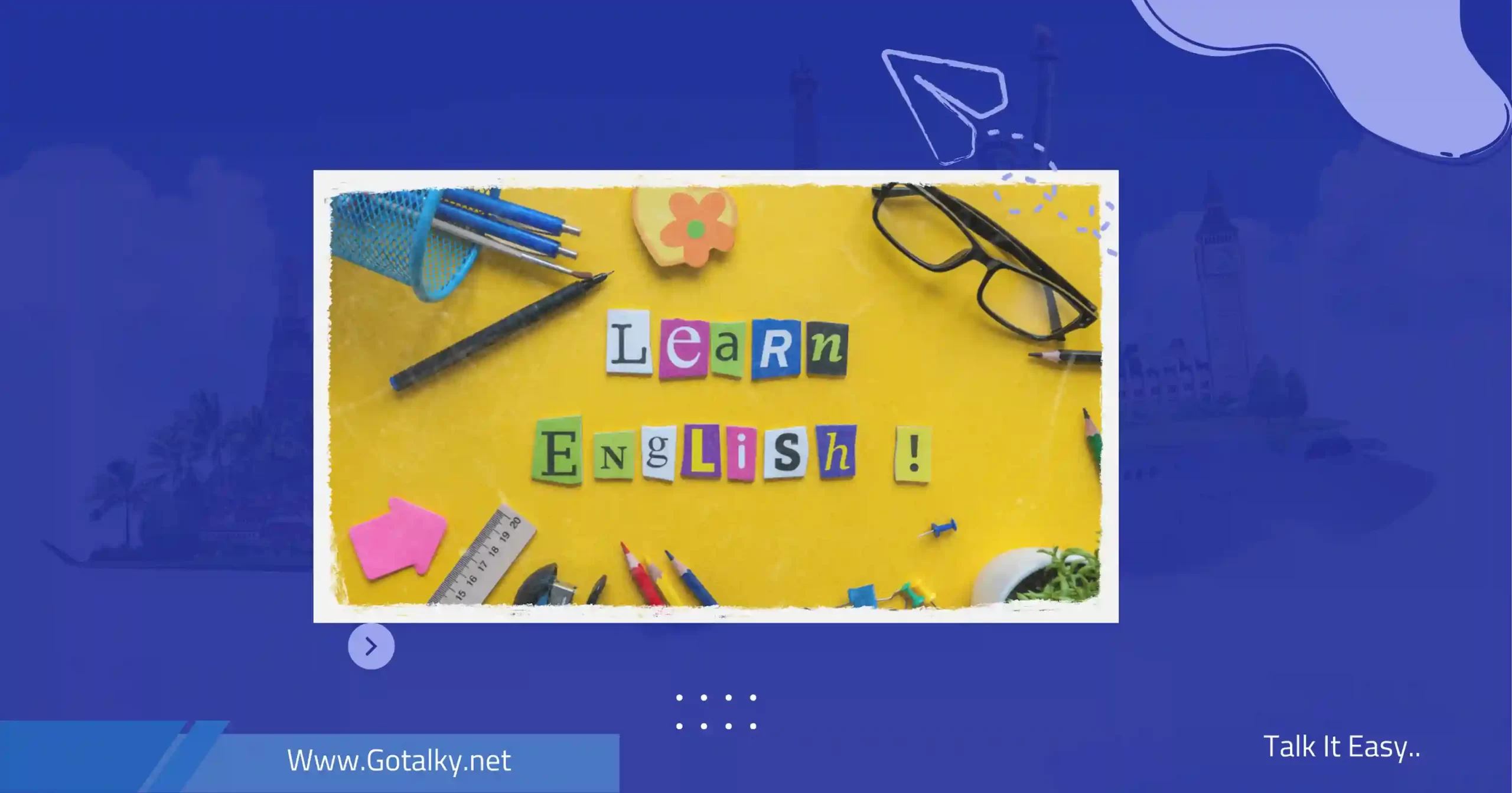Learning expressions of gratitude in English is considered one of the essential basics that learners need in many situations and conversations, as it expresses the level of appreciation and gratitude towards others. While “Thank you” is one of the most famous and simplest expressions, a brief expression of thanks in one word may not be sufficient, as many different expressions can be used in the English language to express thanks and praise for others, and these expressions encompass many meanings of appreciation for what has been done. Of course, the use of these expressions varies depending on the situation and the value of what has been provided to you.
Expressions of Gratitude in English
- Suitable Expressions for Formal Situations:
When dealing with formal matters, such as a job interview or a conversation with a company executive, suitable expressions for formal situations can be used to express thanks. It is preferable to express this in writing through an email.
- Suitable Expressions for Informal Situations:
When receiving a gift or an invitation from someone, suitable expressions for informal situations can be used to express thanks and show your appreciation. These can be used verbally or in writing in a personal message, phone message, or on social media platforms.
- Some Distinct Expressions for Expressing Thanks in English:
There are many distinct expressions suitable for expressing gratitude in English, and they can be used in various situations. Among them are “Thank you,” “Thanks a lot,” “I appreciate your help,” “You’ve been a great help,” “I can’t thank you enough,” “You’re so kind,” “You’re amazing,” “I’m grateful for your support,” “You’re a lifesaver,” and many others.
Thanking Someone for a Kind Gesture
When someone does something for you spontaneously, like carrying your groceries at the store or offering you a cup of coffee at work, you can use basic expressions in English to express thanks, including “Thank you,” “Thanks,” “Thanks so much,” and “Thanks a million.” These expressions are very suitable for unplanned, spontaneous situations.
Thanking Someone for a Favor or Offer of Help
When someone unexpectedly offers you a service or assistance, such as a friend helping you with research for your studies or a neighbor offering to give you a ride to your desired destination in the morning, you can use the following expressions to express gratitude: “That’s very kind of you,” “You made my day,” or “You’re awesome.” These expressions convey your appreciation and gratitude for the person who offered assistance unexpectedly.
Expressing Gratitude When Someone Does Something Unexpected for You
When someone does something unexpected for you, such as a friend traveling a long distance to attend your event and bringing you a gift, you may find it challenging to find the right words to express your thanks. In this case, you can use the following expressions: “I don’t know what to say,” “You shouldn’t have,” or “How thoughtful of you.” These expressions convey your astonishment and gratitude to the person who did something you didn’t expect.
Expressing Gratitude When Someone Helps You Achieve Something
Achieving success or a desired goal is not always easy, and often the support and encouragement from the people around you are what motivate you to succeed. You can use the following expressions in English to thank the people who helped you achieve success: “I’m really grateful for your help,” “This means a lot to me,” and “Thanks for having my back.” These expressions show your appreciation and gratitude to the individuals who assisted you in reaching your goal.
Thanking Someone for Something Specific
When you want to express thanks to someone who provided you with advice and guidance in a specific situation and helped you make the right decision, you can use the following expressions in English: “Thank you for your guidance” and “Thanks for explaining this to me.” These expressions convey your gratitude to the person who shared their knowledge and experience with you, helping you better understand the situation and make the right decision.
Formally Thanking Someone
When someone thanks you in English with the phrase “Thank you,” you can respond using one of the following expressions: “You’re welcome,” “No problem,” “My pleasure,” “Anytime,” or “Glad to help.” These expressions show your appreciation and respect for the person who thanked you and indicate your willingness to assist again in the future.
The expression “I appreciate it” can be used to convey gratitude in English. This expression means “I am grateful for this” and is typically used to acknowledge the support or assistance received from someone. For example, you can use this expression to thank someone for helping with an important project or for standing by your side during a difficult time.
Additionally, the expression “Thank you so much” can be used to express greater gratitude in English. This expression means “Thank you very much” and is used to convey deep thanks and appreciation for what someone has done. You can use this expression to thank someone for a beautiful gift or for being there for you in a tough situation or for any other reason.
How to Respond When Someone Says ‘Thank You’
After learning various ways to express gratitude and thanks in English, you can use one of the following expressions to respond when someone thanks you for something you’ve done for them:
“You’re welcome”
“Don’t mention it”
“No worries”
“Not at all”
“It’s my pleasure”
These expressions show your appreciation and respect for the person who thanked you, and they convey your readiness to help at any time.
As for the pre-emptive thanks, “thank you in advance,” it is used to express gratitude before a specific action is taken. You can use this expression when you ask someone to do something for you and want to show your gratitude and appreciation in advance.
When writing emails, “thank you in advance” can be used, but some may find it inappropriate as it assumes that the person will do what’s asked of them and takes away their right to refuse. Additionally, the person who thanks in advance may appear as if they don’t want to go through the effort of saying “thank you” after the task is completed.
Therefore, you can use some alternative expressions for pre-emptive thanks, such as “Thank you,” “Thank you for any help you can offer,” “Thanks for considering this,” “In any case, thanks for your help,” “Many thanks,” “I hope this is possible,” “Really appreciate your time here,” “You’re the best,” and “Thank you for your understanding.”
Using these expressions, gratitude can be expressed gracefully and more friendly, without putting pressure on the person to do anything. Therefore, these expressions can easily be used in everyday conversations, whether verbal or written, to enhance English language communication skills.
GoTalky is the best online school for learning English, providing an opportunity to improve your English language skills and speak fluently at your convenience and from anywhere. The school offers courses that align with your personal goals, whether you want to study, work, or travel abroad.





